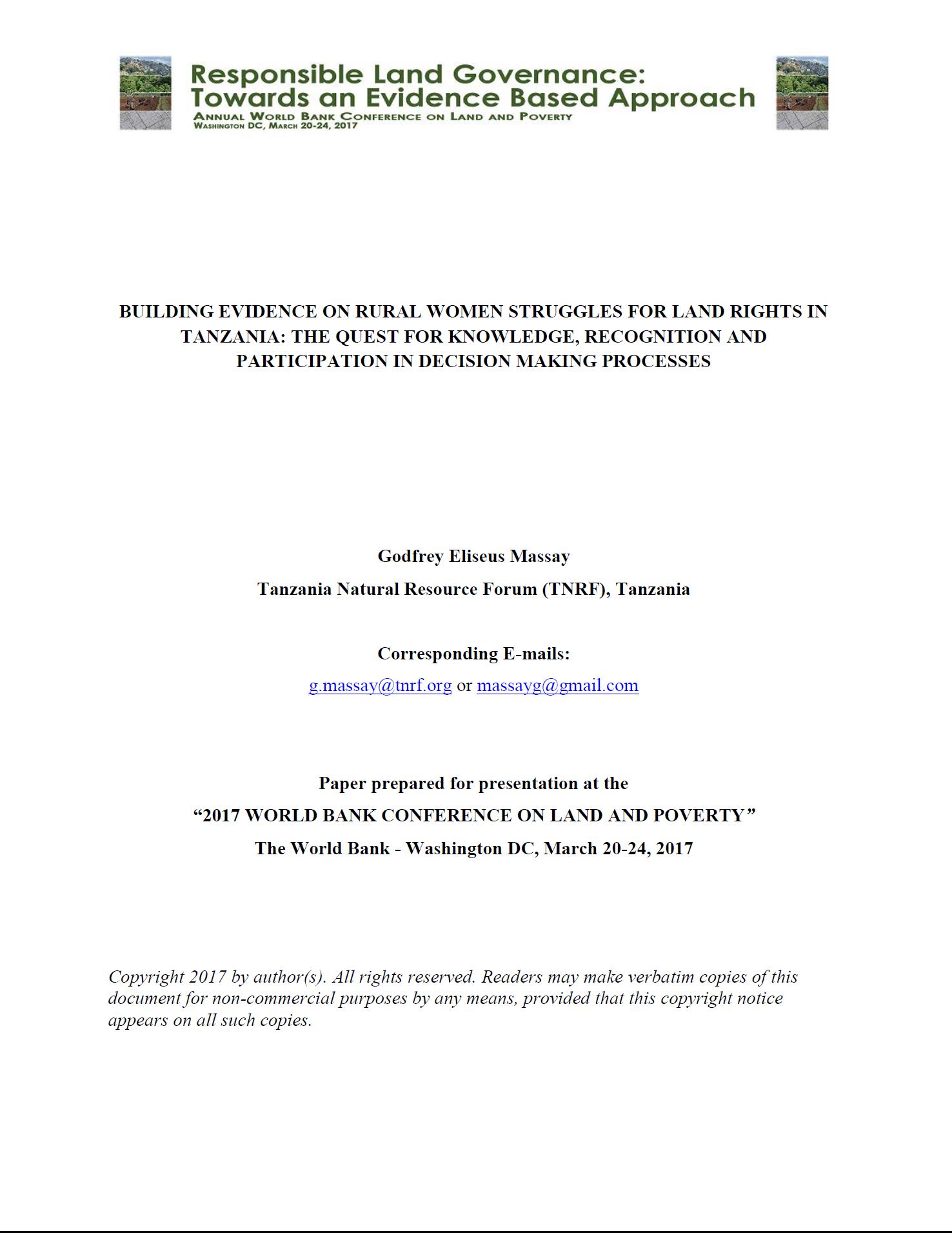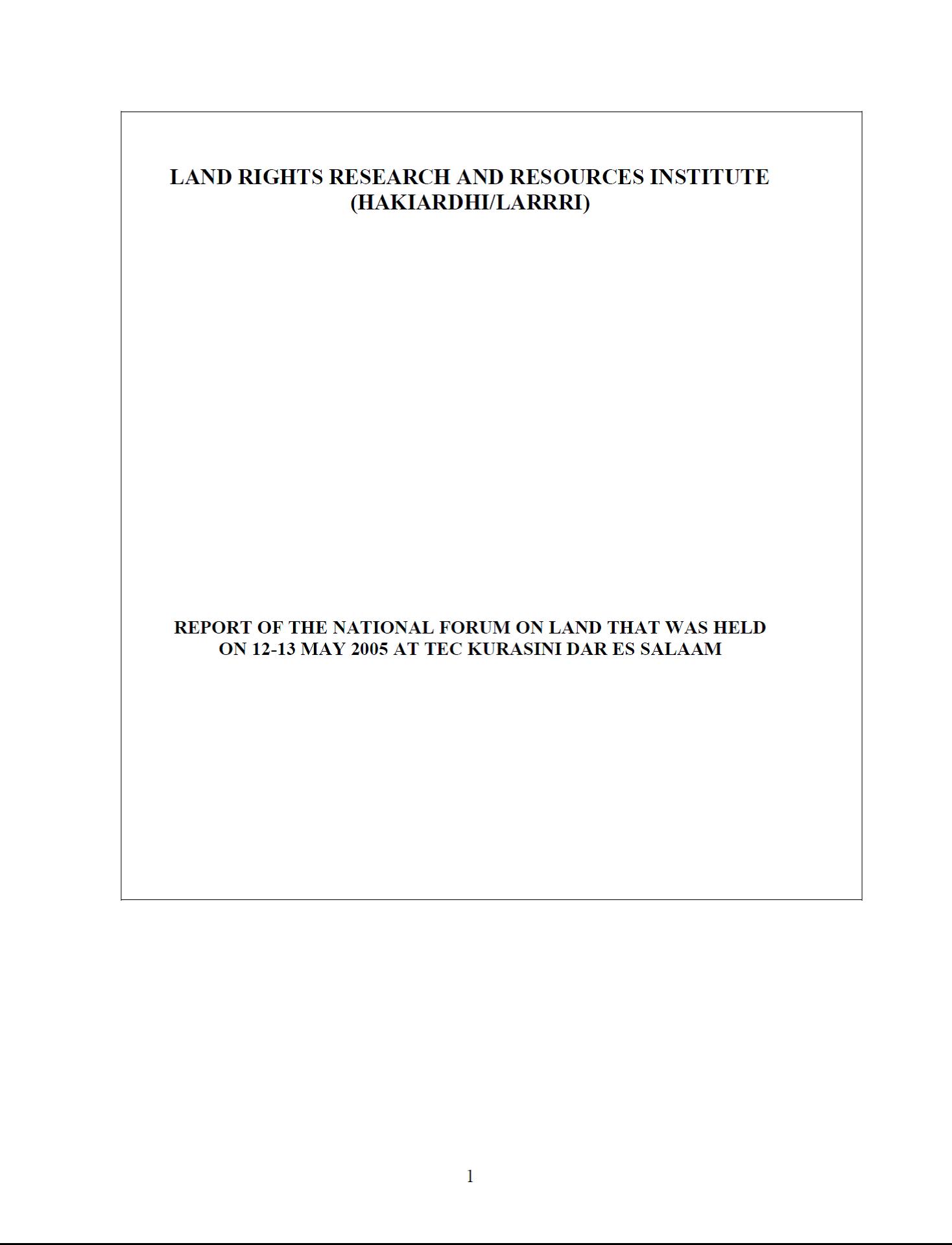Could payments for environmental services improve rangeland management in Central Asia, West Asia and North Africa?
Although several institutional and management approaches that address the degradation of the rangelands have been tested in the dry areas of Central and West Asia and North Africa (CWANA), impact has been limited. Nonetheless, the development of National Action Plans to combat desertification highlights the interest of governments to tackle this issue. Payment for Environmental Services (PES) may be a viable policy option, though, to date, most PES programs have focused on the management of different resources (forests, watersheds).










